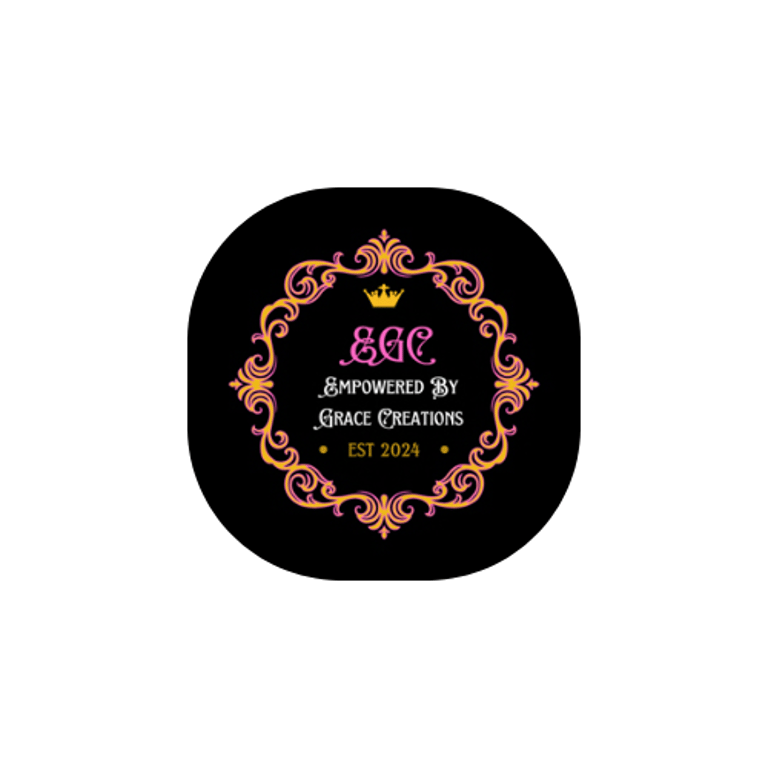Mental Health Trends in 2025: The Rise of AI and Holistic Wellness
Explore the transformative mental health trends of 2025, focusing on the integration of AI technologies and holistic wellness approaches to enhance mental well-being.
Sarah Gordon-Woodard, MBA, BSN RN
6/2/20252 min read


Introduction
In 2025, mental health care is undergoing a significant transformation, driven by advancements in artificial intelligence (AI) and a growing emphasis on holistic wellness. These developments are reshaping how individuals access support, manage well-being, and engage with mental health resources. This article delves into the key trends shaping mental health in 2025 and offers actionable insights for individuals and professionals alike.
The Integration of AI in Mental Health Care
AI technologies are increasingly being utilized to enhance mental health services, offering innovative solutions for diagnosis, treatment, and ongoing support.
Key Developments:
AI-Powered Chatbots: Platforms like EmoBay and Earkick provide 24/7 conversational support, mood tracking, and crisis-response guidance through AI-driven chatbots, making mental health resources more accessible.
Personalized Treatment Plans: AI algorithms analyze data from electronic health records, neuroimaging, and patient feedback to develop tailored treatment strategies, improving the efficacy of interventions.
Early Detection and Monitoring: AI tools assist in recognizing early warning signs of mental health disorders, enabling proactive interventions and reducing the risk of acute episodes.
Embracing Holistic Wellness Approaches
Holistic wellness emphasizes the interconnectedness of physical, emotional, and social well-being, leading to more comprehensive mental health strategies.
Key Components:
Mind-Body Practices: Incorporating activities like yoga, meditation, and tai chi to promote relaxation and reduce stress.
Nutrition and Mental Health: Recognizing the impact of diet on mental well-being, with a focus on nutrient-rich foods that support brain health.
Community Engagement: Fostering social connections through group activities, support networks, and community programs to combat loneliness and enhance emotional support.
Generational Perspectives on Mental Health
Different generations approach mental health with varying attitudes and preferences, influencing the adoption of new tools and practices.
Insights:
Gen Z: Highly receptive to digital solutions, valuing immediate access and personalized experiences.
Millennials: Seek balance between traditional therapy and innovative tools, emphasizing flexibility and convenience.
Gen X and Boomers: Prefer established methods but are gradually embracing technology-enhanced options that demonstrate clear benefits.
Addressing Privacy and Ethical Considerations
The integration of AI in mental health care raises important questions about data privacy and ethical use.
Best Practices:
Data Security: Ensure platforms comply with regulations like HIPAA, safeguarding personal information.
Transparency: Choose services that clearly communicate how data is used and offer control over personal information.
Professional Oversight: Utilize AI tools as supplements to, not replacements for, professional mental health care, maintaining human oversight in treatment decisions.
Actionable Strategies for Individuals
Leverage Technology: Incorporate AI-powered apps for mood tracking, guided meditations, and cognitive behavioral exercises to support daily mental health maintenance.
Adopt Holistic Practices: Integrate physical activity, balanced nutrition, and mindfulness into your routine to enhance overall well-being.
Engage in Community: Participate in group activities or support networks to build social connections and reduce feelings of isolation.
Conclusion
The landscape of mental health care in 2025 is marked by the convergence of technological innovation and holistic wellness philosophies. By embracing AI tools and comprehensive well-being strategies, individuals can access more personalized, effective, and accessible mental health support. As these trends continue to evolve, staying informed and proactive is key to maintaining and enhancing mental well-being in the modern age.
